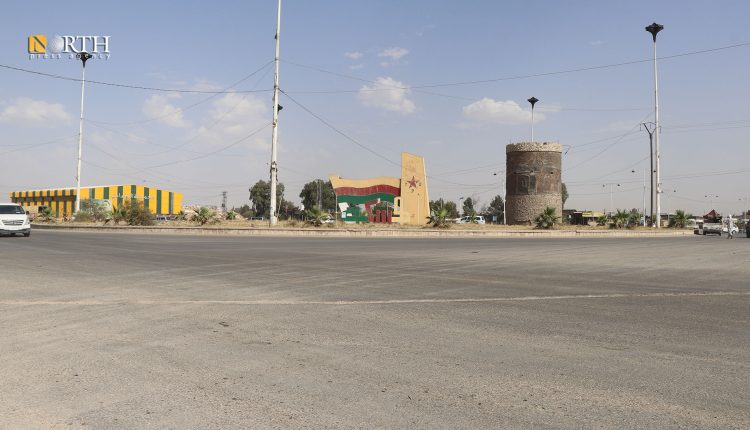Kurdish politician calls for federal Syria respecting all communities
HASAKAH, Syria (North Press) – A Kurdish politician said on Wednesday that the recent Kurdish conference aimed to uphold the rights of the Kurdish people and called for building a new Syria that guarantees the rights of all its components, including the Kurds.
Ismail Haj Farhan, a member of the Central Committee of the Kurdish Leftist Party in Syria, which participated in the recent Kurdish conference, told North Press that the Kurdish-populated areas in Syria stretch from the city of Derik in the far northeast, through Kobani, and extend to Afrin in the northwest countryside of Aleppo.
He added that areas such as Tel Abyad (Gire Sipi), located between Hasakah and Kobani, are also considered part of the envisioned Kurdish region. Additionally, some Arab-populated villages in the Aleppo countryside and Afrin are included within this geography, he noted.
The Kurdish political figure stressed that the goal is to unify Kurdish areas under a single administrative region, rather than having separate administrations for Hasakah, Kobani, and others.
“All these according to the conference’s resolutions. This vision aligns with the aspirations of the Kurdish people and principles of international law,” he said.
He emphasized that Kurds have long advocated for a united, federal, and decentralized Syria, which he believes would be the best framework for a cohesive, unified state where all communities can freely exercise their rights.
Farhan firmly rejected accusations that the conference promoted separatism, adding that this claim that the conference was separatist is inaccurate and unacceptable.
Participants in the U.S. and French-backed conference presented a Syrian national document that outlined general demands for the country, including a vision for governance and economic justice, alongside specific Kurdish-related demands.
However, the Syrian presidency quickly responded, stating that the conference’s outcomes contradicted an existing agreement between Damascus and the Syrian Democratic Forces (SDF). This triggered widespread debate in the media and on social platforms over whether Kurds were pushing for secession.
Farhan clarified that the conference discussions concerned the future of Syria as a whole. He added that in a federal Syria, each region’s governance structure would be based on its geographic and demographic realities, ensuring all communities are represented.
He added that Kurds also live in other areas such as Daraa, Aleppo, Hama, and Latakia, but emphasized that a federal system in those areas would be shaped by their own local dynamics and population makeup.
Farhan concluded by stating that the proposed Kurdish region would guarantee freedom and coexistence for all communities.

